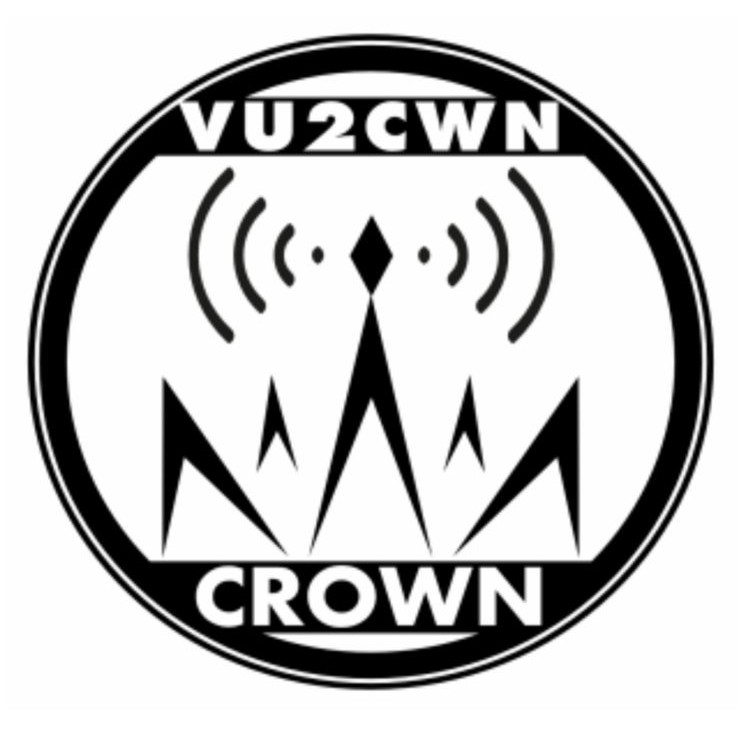Short Wave Listeners (SWLs) are enthusiasts of radio who take pleasure in tuning into various radio transmissions on shortwave and amateur bands without actively participating in transmitting. Engaging in SWLing is a popular and accessible way to enter the realm of amateur radio, enabling individuals to grasp the concepts of radio frequencies, propagation conditions, and operating etiquette through practical experience. In India, individuals do not need a license to listen to these signals; however, they can opt to acquire an SWL license from the Wireless Planning and Coordination (WPC) wing for the legal ownership of advanced communication receivers. It is crucial to understand that SWLs are strictly forbidden from transmitting on amateur bands without the necessary license, as unauthorized transmission is against the law. Passionate SWLs often keep detailed logbooks, documenting details such as frequency, time, and signal quality, aiding them in monitoring their listening journey and allowing them to request QSL cards—confirmation cards exchanged with broadcasting stations that promote international goodwill and acknowledgment. Numerous SWLs become members of local amateur radio clubs or online communities to enhance their knowledge, share their experiences, and seek mentorship. By becoming familiar with band plans, radio regulations, and proper listening etiquette, SWLs adopt a respectful and well-informed approach to the hobby. With the rise of modern technology, a significant number of SWLs also utilize Software Defined Radios (SDRs) and online receivers to broaden their listening opportunities beyond traditional equipment. All in all, SWLing provides not only a fulfilling and educational pastime but also establishes a solid foundation of technical skills and knowledge that can set the stage for enthusiasts to pursue an amateur radio transmitting license in the future.
How to Become a Good SWL
Join a Local Group: Engage with nearby amateur radio organizations for guidance and hands-on experience.
Understand the Bands: Acquaint yourself with amateur radio frequencies, propagation traits, and operating standards.
Maintain a Logbook: Document the stations you receive, noting the frequency, time, signal quality, and other specifics. This aids in tracking your progress and is beneficial for QSL card exchanges.
Request QSL Cards: Numerous SWLs trade QSL cards with the stations they catch, which can be an enjoyable way to commemorate your listening accomplishments.
Stay Informed: Keep up with amateur radio updates, contests, and special events to catch captivating transmissions.
Follow Proper Etiquette: Honor privacy, refrain from disclosing sensitive information, and avoid disrupting communications.
